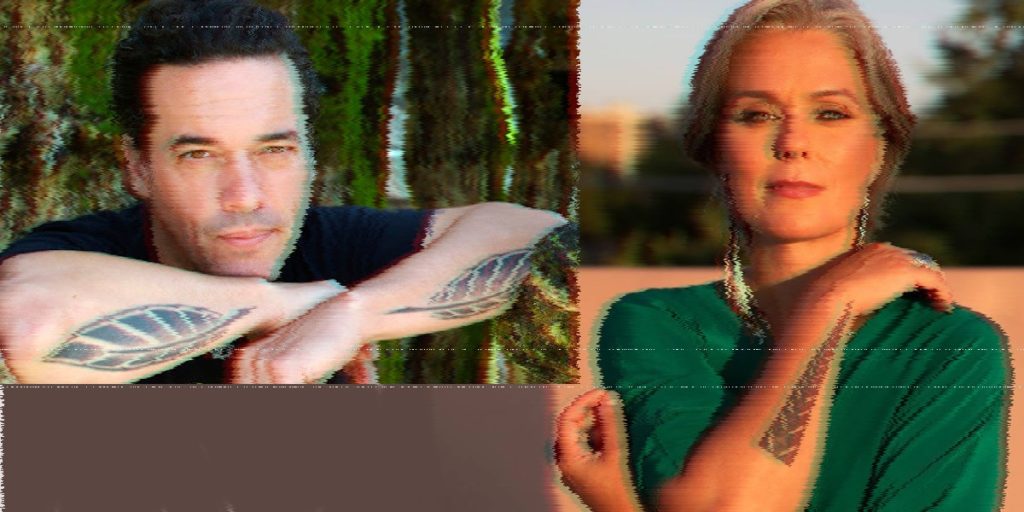We trust artists like Michelle Latimer to avoid harming Indigenous peoplePosted in Articles, Arts, Canada, Media Archive, Native Americans/First Nation, Passing on 2021-12-06 01:46Z by Steven |
We trust artists like Michelle Latimer to avoid harming Indigenous people
NOW Toronto
2020-12-21

Samuel Engelking
Elle-Máijá Tailfeathers explains the particular kind of pain revelations about Michelle Latimer have caused within the Indigenous film community
We were gathered for a filmmaking workshop at the Urban Native Youth Association in East Vancouver. I was co-facilitating with filmmaker Jessica Hallenbeck. One participant was that particular kind of shy brown-skinned Indigenous teenage boy who didn’t yet know his worth in this world. He wore sweatpants, a hoodie and sneakers, and had a head of thick black hair. He was afraid to smile, much less make eye contact with the other teens in the room.
I’d asked the young people to introduce themselves – to give us their names, where they come from and what they found most exciting about film. When his turn came, he kept his gaze steady on one spot on the floor as he quietly shared his name and that he was from Vancouver. I interjected. “And, what nation are you from?” He paused, and then whispered, “I don’t know.”
My heart sank to untold depths. I had just inadvertently implied that an Indigenous youth who grew up in foster care didn’t belong. Belonging is everything in Indigenous communities, but at that moment I made him feel so small. I still carry the shame from that interaction, knowing I could not undo that harm.
People wonder how former Trickster director Michelle Latimer, whose identity has recently come under scrutiny, could claim to be Indigenous for so long without skepticism. She was trusted because the Indigenous film community is protective. We want to avoid doing harm to those who have experienced the trauma of displacement…
Read the entire article here.
